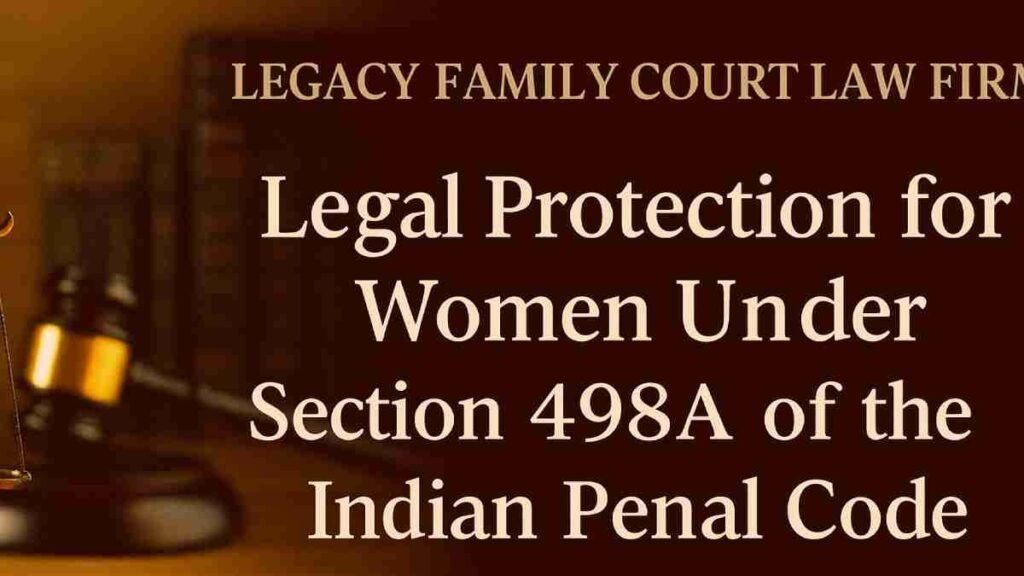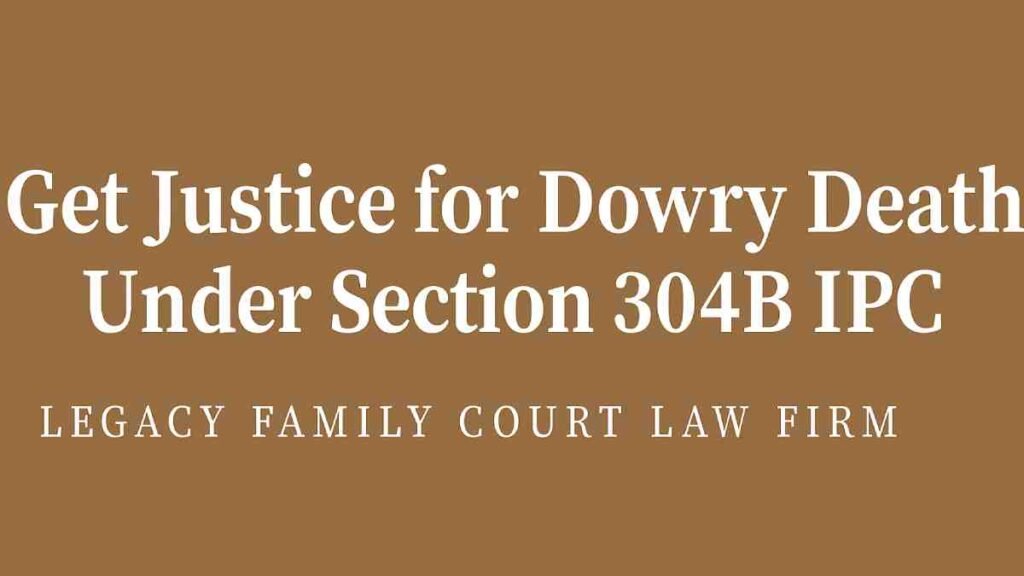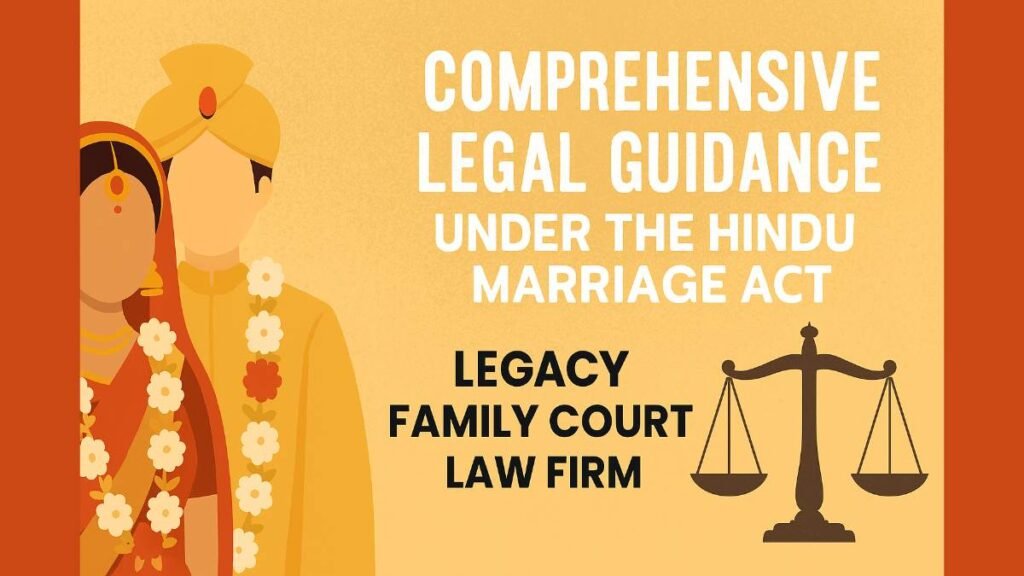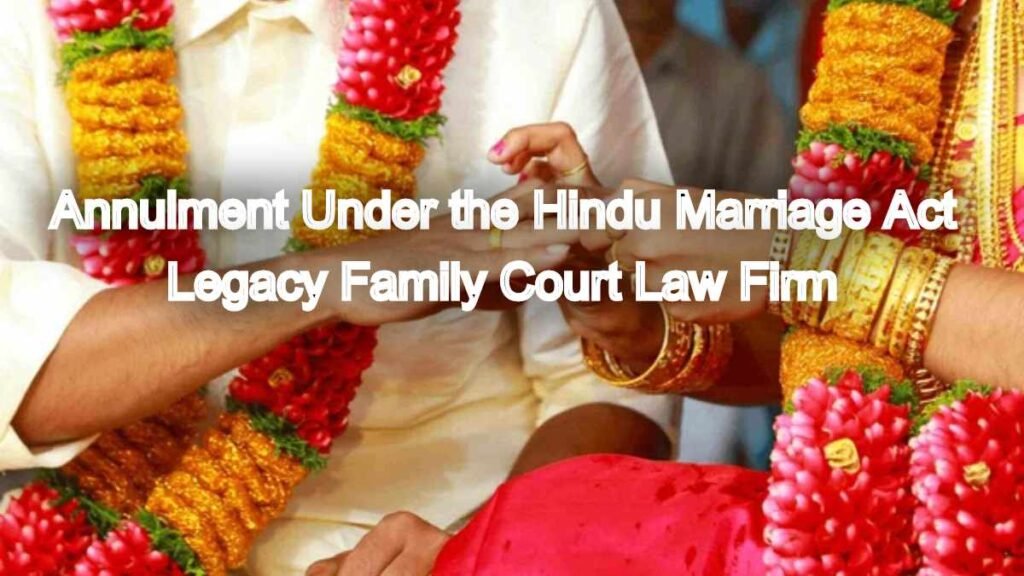Legal Protection for Women Under Section 498A of the Indian Penal Code
Protecting women from cruelty within marriage remains one of the most important responsibilities of modern legal systems. In India, Section 498A of the Indian Penal Code (IPC) plays a vital role in safeguarding married women from abuse, harassment, and violence. At Legacy Family Court Law Firm: Chennai Divorce Experts, we help women understand their rights […]
Legal Protection for Women Under Section 498A of the Indian Penal Code Read More »











